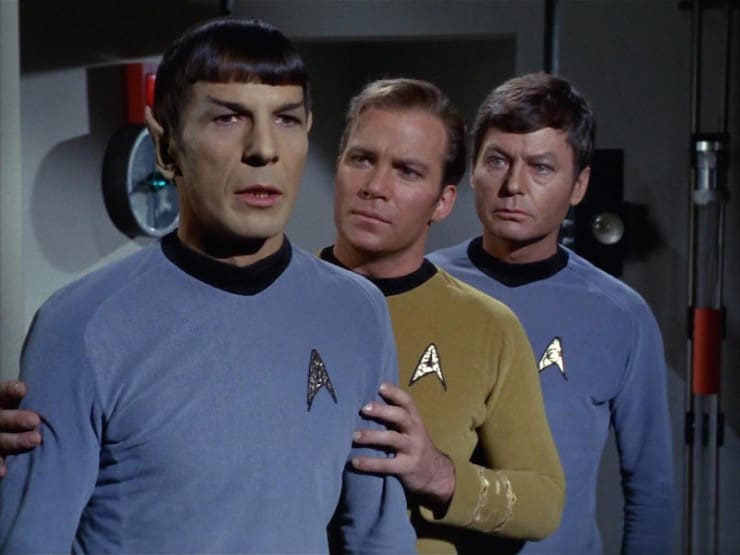
I still remember the first time a line of fiction did more than entertain me—it redirected the shape of my curiosity. Peter David’s Star Trek novel The Captain’s Daughter arrived at just the right moment and showed me what science fiction could be: characters who change, ideas that haunt you, and moral puzzles that don’t wrap up neatly when the credits roll. That feeling is the emotional core I tried to recapture with Valiant Frontiers.
Growing up on Star Trek—not for the uniforms, but for the wonder

I grew up watching Star Trek the way others collect records or baseball cards. The show’s appetite for ideas captivated me. First contact was an ethical earthquake. A new piece of technology rewired politics and personhood. That outward-looking curiosity is what hooked me, and reading Peter David’s novelizations felt like discovering the novel-length promise of that same impulse.
Why The Captain’s Daughter mattered
What Peter David did in The Captain’s Daughter made me fall in love with literature and see that sci-fi was more than just TV. Once he got to the New Frontier line, I saw that characters could change in credible, sometimes painful ways. Not the cosmetic “lesson learned” reset of a single episode, but durable growth that carried across scenes and books. That kind of storytelling showed me that the best sci-fi needs both ambitious ideas and the courage to let consequences land.
Making Valiant Frontiers personal
When I began writing Valiant Frontiers I tried to follow that pathway: take big speculative kernels and let them reshape people, politics, and relationships across a trilogy. I wanted characters who evolve because the universe demands it—not because a scene needs drama.
Meet the crew
- Captain Christopher Conley — A leader who carries the weight of command and keeps asking whether victory is always what’s right.
- Commander Selah — Strategic, quietly fierce, the one who sees the long game.
- Verelen — Security officer; tough, principled, and forced to learn the true cost of trust.
- Troy Robinson — Pilot; impulsive, loyal, the crew’s unwilling compass.
- Dr. Morgana — Science officer; brilliant and empathetic, constantly balancing knowledge and consequence.
These five are the heart of the Valiant, but the ship is crowded with side characters I grew attached to: diplomats with half-remembered histories, engineers who keep impossibilities breathing, and people whose loyalties change as the stakes demand.

What “idea‑first” means to me
I write ideas the way others write love letters: as attempts to change a reader’s horizon. In Valiant Frontiers those ideas are concrete—soul-stealing crystals that commodify immortality, pocket dimensions that hide ancient tech and horrors, and time travel that forces impossible moral calculus. Each idea is the seed of a story about people learning to live with the consequences.
A short invitation
If this resonates—if Peter David’s character-forward work or the Star Trek that asked big questions shaped your taste like it did mine—I’d love to share the Valiant with you. Back the book today and help us make this a huge success.
If you know someone who grew up on idea-first sci-fi, please forward this post. Conversation keeps wonder alive—and the Valiant has a seat for anyone who wants to come aboard.
— Thanks for listening, and for carrying the wonder forward.
Jon Del Arroz

Leave a Reply